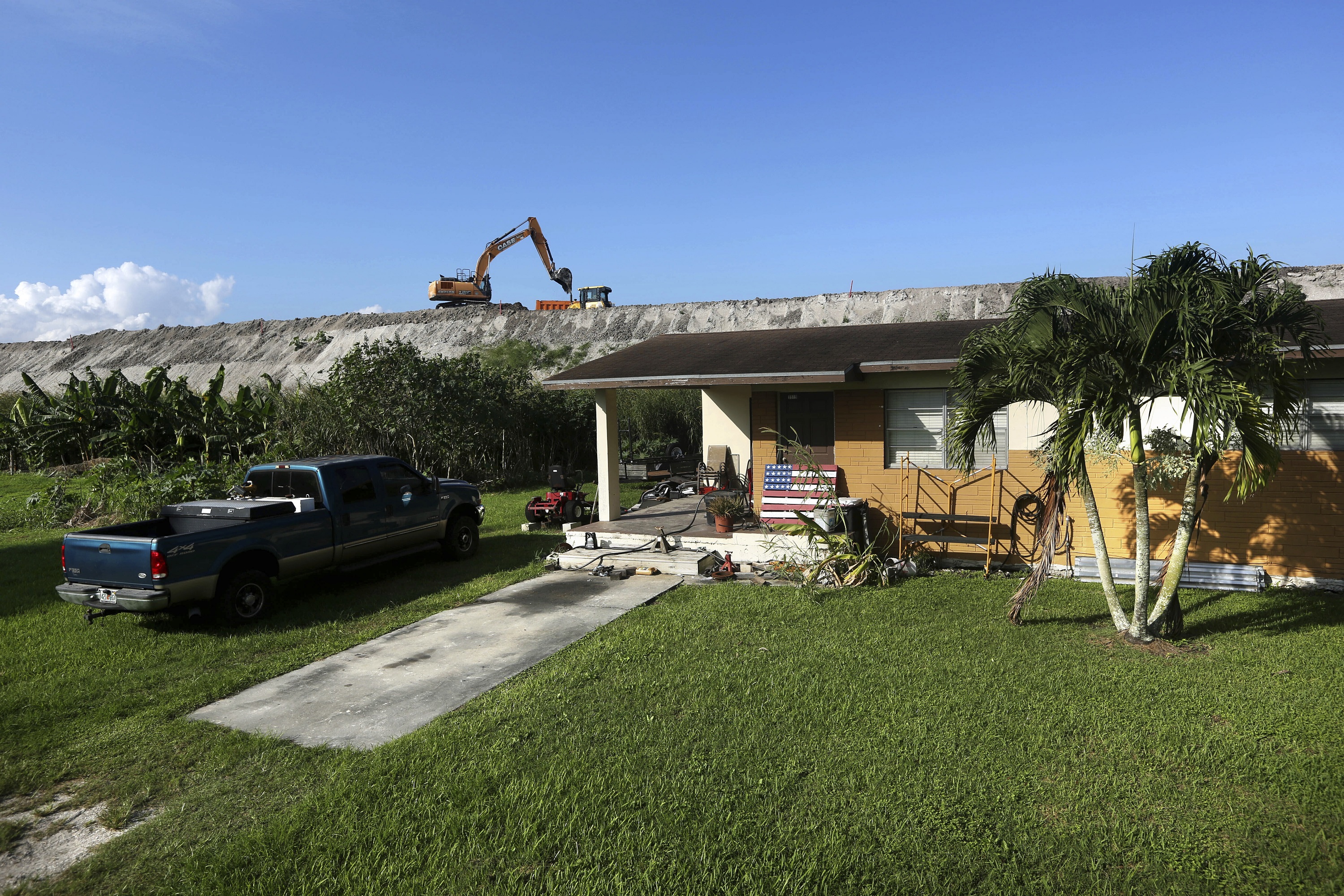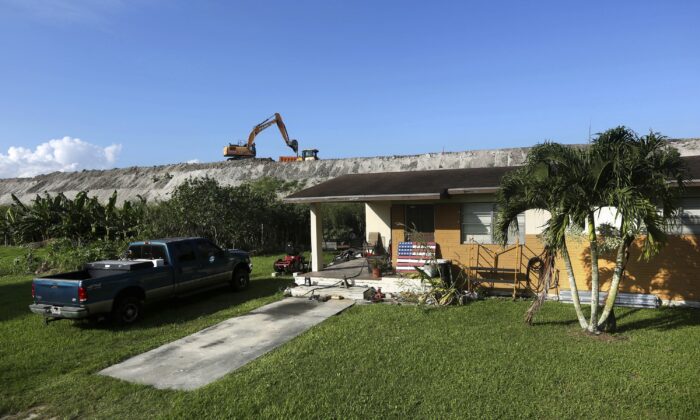
The Everglades restoration projects in South Florida, including the Everglades Agricultural Area Reservoir and a stormwater treatment area, have sparked a legal battle that recently reached the 11th U.S. Circuit Court of Appeals.
Three major sugar companies—U.S. Sugar, the Okeelanta Corporation, and the Sugar Cane Growers Cooperative of Florida—have been contesting certain aspects of the state’s efforts to restore the Everglades ecosystem.
Represented by appellate attorney Paul Clement, the companies argue that the U.S. Army Corps of Engineers’ management of these restoration projects violates a law dating back several decades. They claim that the projects could lead to the loss of a significant amount of fresh water in Lake Okeechobee, which is crucial for their operations and water rights.
The corps, on the other hand, maintains that they are compliant with the law and that the companies lack clear standing to prove their alleged losses.
The heart of the dispute lies in two key projects: the Everglades Agricultural Area Reservoir, currently under construction by the corps, and a stormwater treatment area built by the South Florida Water Management District. These projects aim to improve water quality and restore the ecosystem by sending cleaner water to various estuaries and the Everglades.
Central to the legal arguments is the Waters Resources Development Act of 2000 and its “savings clause,” which establishes guidelines for water quantity management in Lake Okeechobee and the surrounding areas.
While the corps asserts that the projects will benefit water supply and ecosystem restoration, the sugar companies argue that the operations of the stormwater treatment area could lead to immediate water loss without a viable solution for replacement.
The dispute revolves around the interpretation of the savings clause and the obligations of the corps to mitigate any water losses caused by the projects. The companies claim that they are owed a significant amount of water dating back to 2000, and the courts are now tasked with determining the validity of these claims.
As the legal battle continues, the future of the Everglades restoration projects and water management in South Florida hangs in the balance.





